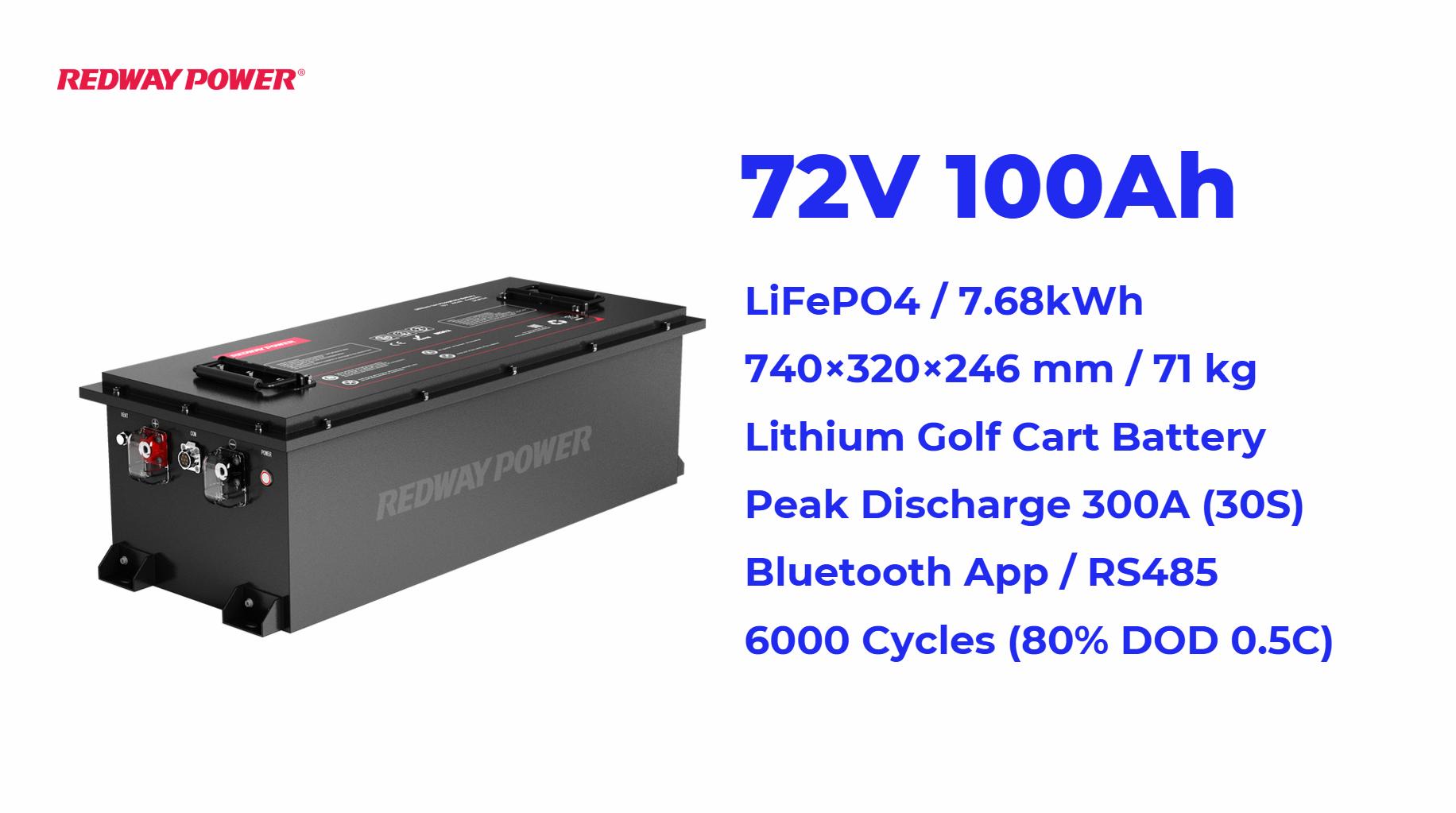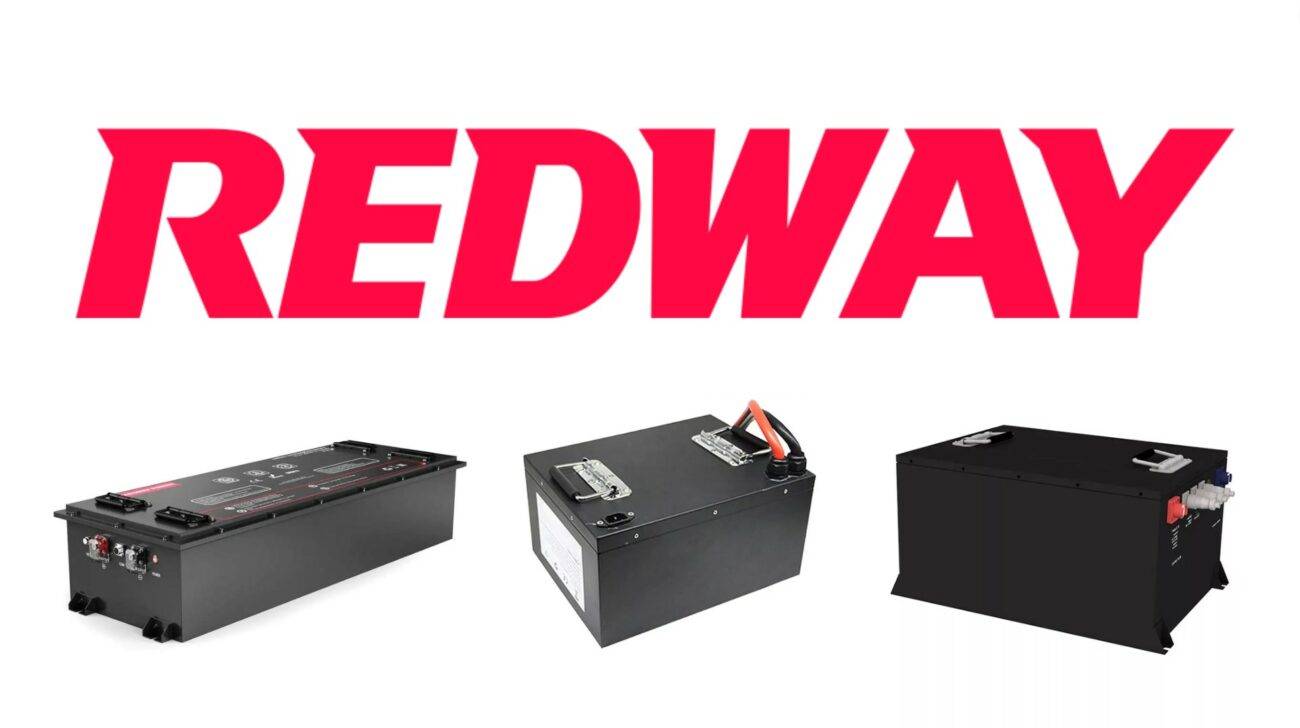The costs associated with 72V lithium golf cart batteries can be more favorable over time compared to traditional lead-acid batteries due to their longer lifespan, lower maintenance requirements, and higher energy efficiency. While the initial investment is higher, the long-term savings in replacement costs and performance make them a worthwhile consideration for golf cart owners.
1. Introduction to 72V Lithium Golf Cart Batteries
72V lithium batteries, particularly those using LiFePO4 (Lithium Iron Phosphate) technology, are increasingly popular in golf carts due to their superior performance compared to traditional lead-acid batteries. They provide higher energy density, longer lifespans, and reduced weight, all of which contribute to better overall efficiency on the golf course.
2. Initial Purchase Costs of 72V Lithium Batteries
The initial purchase cost of 72V lithium batteries is significantly higher than that of lead-acid batteries.
| Battery Type | Average Price (per unit) |
|---|---|
| Lead-Acid | $600 – $1,000 |
| 72V Lithium | $1,200 – $2,500 |
While the upfront cost for lithium batteries is steep, this investment can yield substantial savings over time.
3. Long-Term Savings and Benefits
3.1 Lifespan Comparison with Lead-Acid Batteries
One of the most significant advantages of 72V lithium batteries is their lifespan:
| Battery Type | Average Lifespan (years) | Estimated Cycles |
|---|---|---|
| Lead-Acid | 3 – 5 | ~300 – 500 |
| 72V Lithium | 8 – 10 | ~2000 – 5000 |
Lithium batteries typically last much longer than lead-acid options, leading to fewer replacements over time.
3.2 Energy Efficiency and Performance
Lithium batteries also offer superior energy efficiency:
- Energy Density: Higher energy density means more power stored in a smaller volume.
- Discharge Rates: They maintain consistent voltage levels throughout their discharge cycle, providing reliable performance until depletion.
This efficiency translates into better performance on the golf course, allowing for longer use between charges.
4. Maintenance and Replacement Costs
Maintenance costs for 72V lithium batteries are generally lower than for lead-acid batteries:
- Lead-Acid Maintenance: Requires regular checks on electrolyte levels, cleaning terminals, and ensuring proper charging.
- Lithium Maintenance: Typically maintenance-free with built-in Battery Management Systems (BMS) that protect against overcharging and overheating.
This reduction in maintenance not only saves money but also time.
5. Environmental Impact and Disposal Costs
The environmental impact of battery disposal is an important consideration:
- Lead-Acid Batteries: Contain hazardous materials that require careful disposal or recycling.
- Lithium Batteries: While they are more environmentally friendly, they still require responsible recycling due to their chemical components.
Proper disposal can incur costs but is essential for minimizing environmental harm.
6. Comparative Analysis: Lithium vs. Lead-Acid Batteries
When comparing the total cost of ownership over time, including purchase price, lifespan, maintenance, and disposal costs:
| Factor | Lead-Acid | 72V Lithium |
|---|---|---|
| Initial Cost | Lower | Higher |
| Lifespan | Shorter | Longer |
| Maintenance | Higher | Lower |
| Total Cost Over Time | Higher | Lower |
This analysis shows that while lithium batteries have a higher upfront cost, they often result in lower total costs over their lifespan due to their longevity and reduced maintenance needs.
7. Choosing the Right Battery for Your Golf Cart
When selecting a battery for your golf cart:
- Assess Your Usage: Determine how often you use your cart and the distance you typically travel.
- Consider Weight: Lighter lithium batteries can improve handling.
- Evaluate Long-Term Costs: Factor in both initial costs and potential savings over time.
- Check Compatibility: Ensure that the battery fits your cart’s specifications.
Latest News in Battery Technology
Recent advancements in battery technology have focused on improving lithium-ion efficiency and safety features. Innovations such as solid-state batteries promise even greater energy densities and faster charging times, which could further enhance the performance of 72V lithium golf cart batteries in the near future.
Redway Expert Comment
Investing in 72V lithium golf cart batteries not only enhances your golfing experience with better performance but also proves economically wise over time due to their longevity and low maintenance needs.
FAQ Section
Q: How long do lithium golf cart batteries last?
A: With proper care, 72V lithium golf cart batteries can last between eight to ten years.Q: Are there any special charging requirements for these batteries?
A: Yes, it’s important to use a charger specifically designed for lithium batteries to avoid damage.Q: Can I replace my lead-acid battery with a lithium battery?
A: Yes, you can replace lead-acid batteries with lithium ones as long as they fit your golf cart’s specifications.







